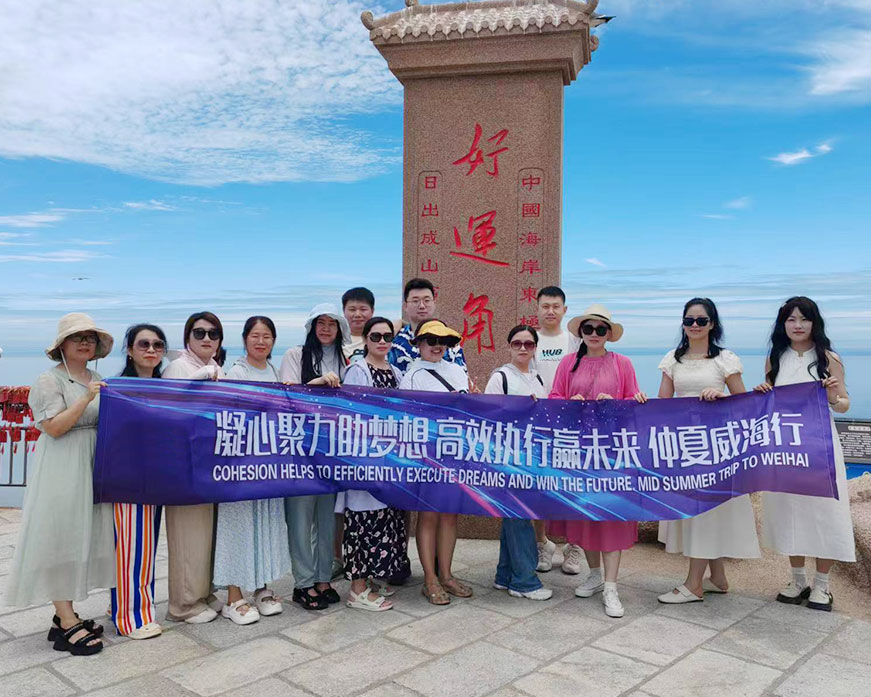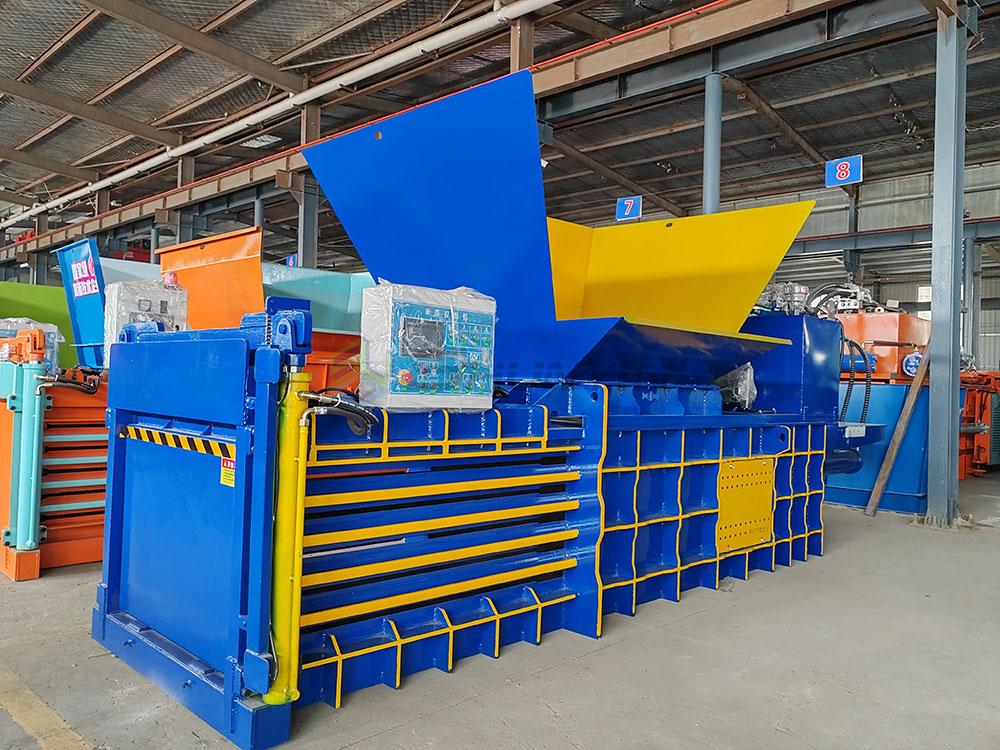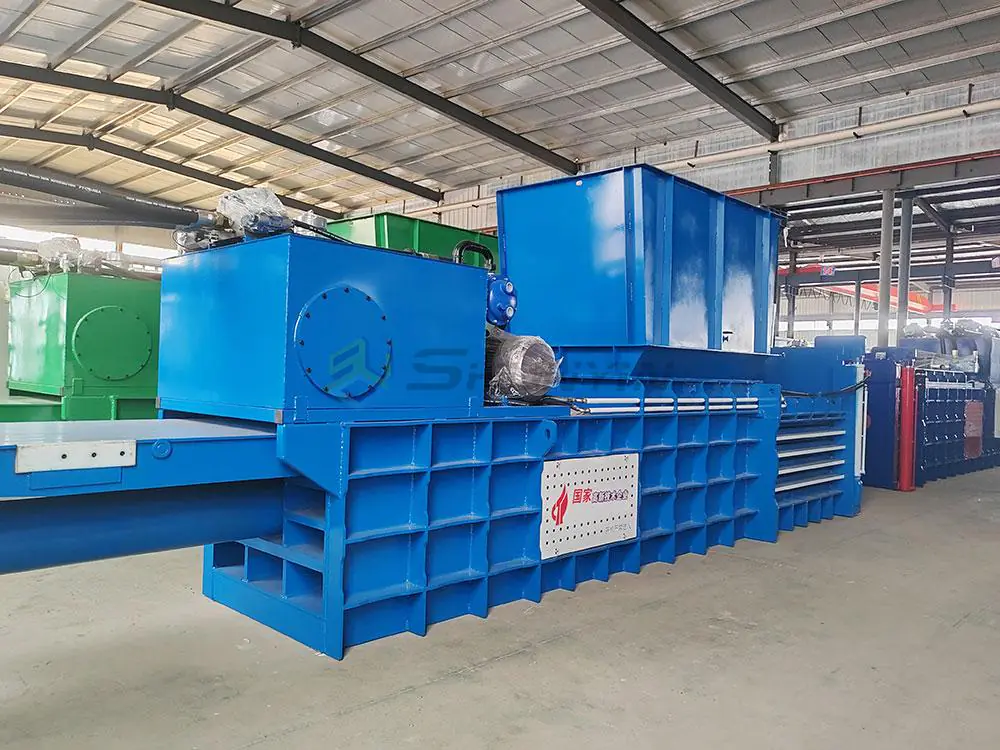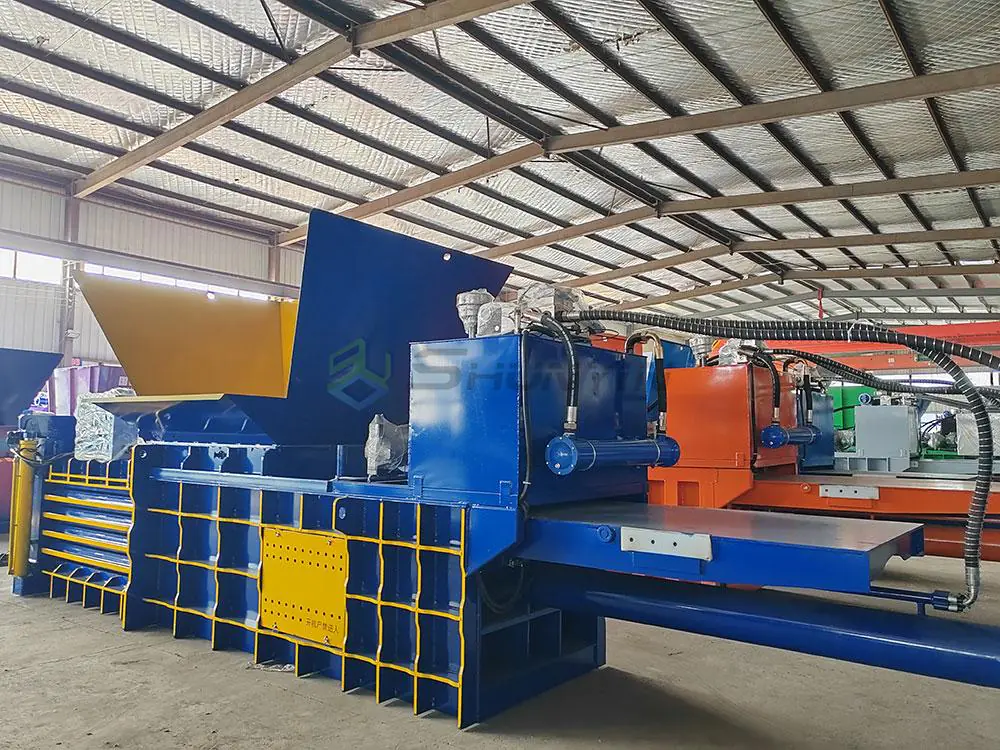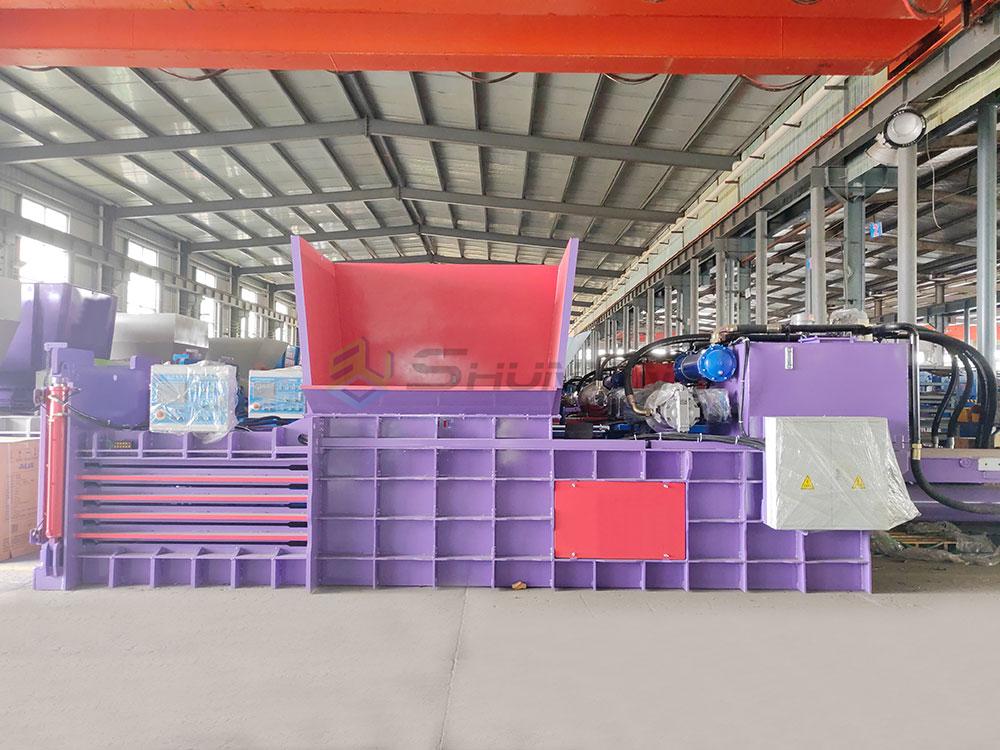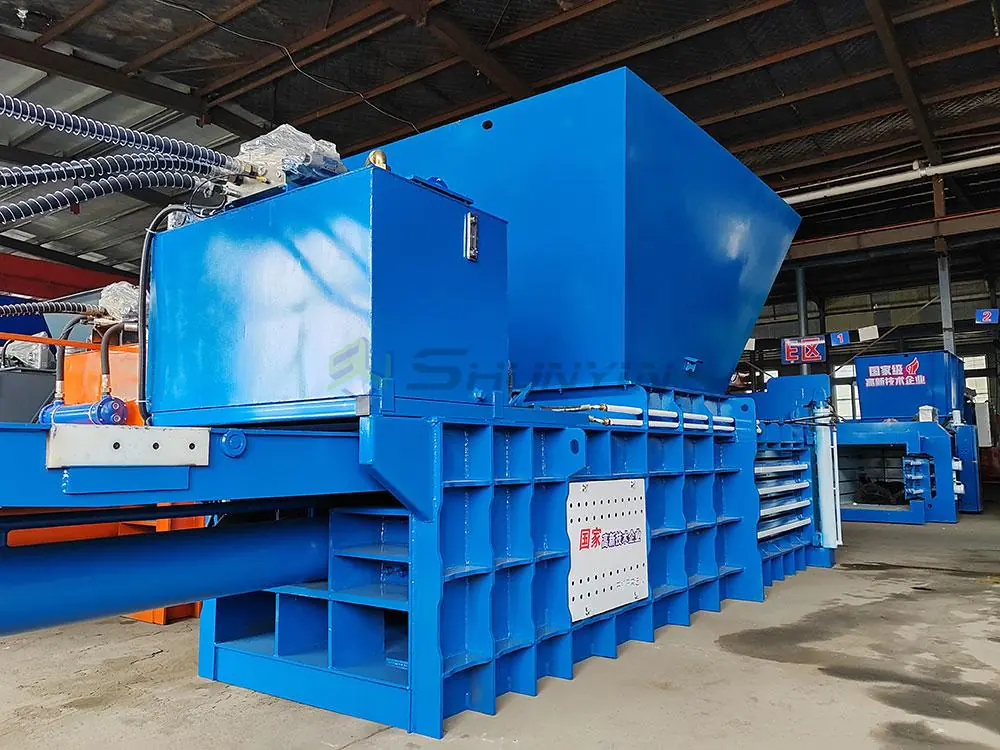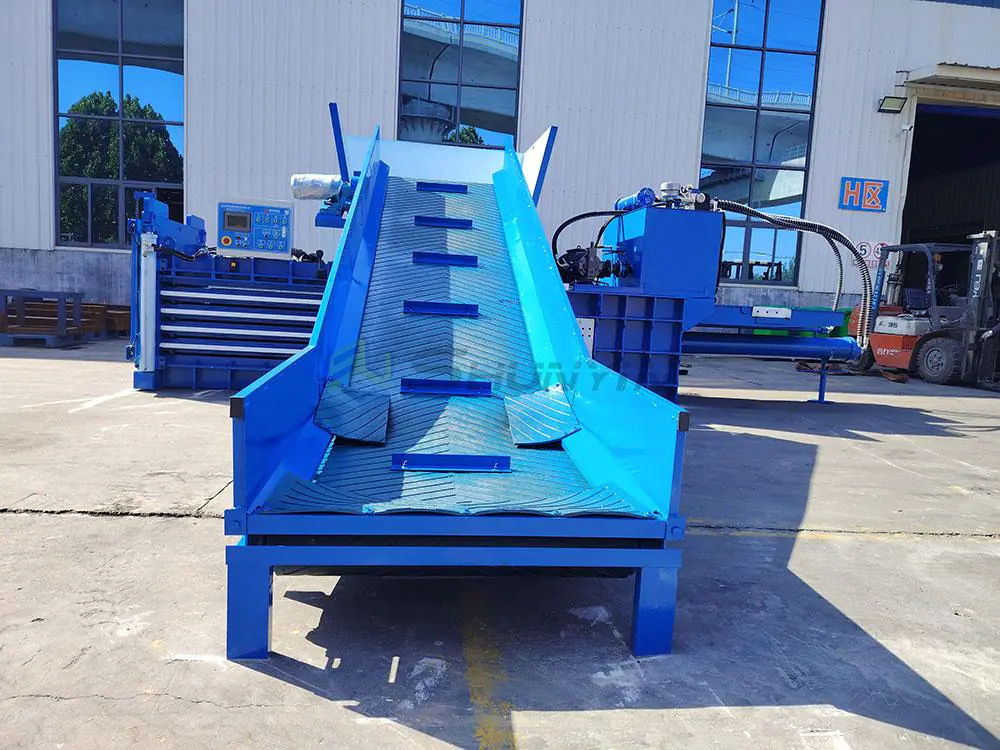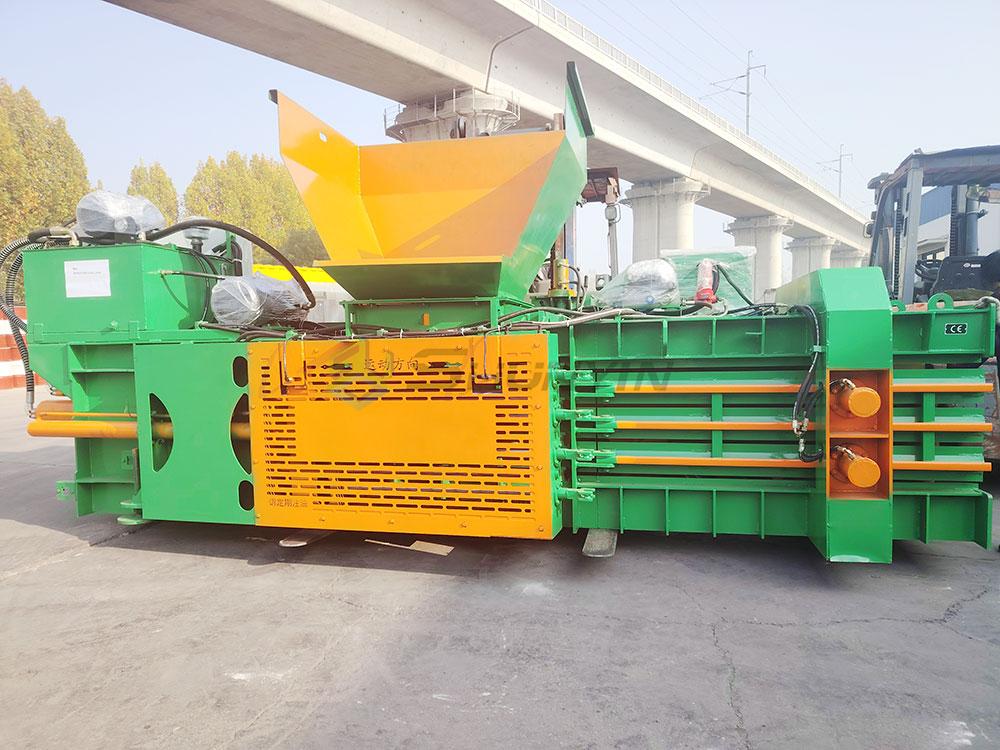
When I first imported balers from China over 10 years ago, I lost $50,000 to a supplier who faked certifications. Quality control in international trade often gets overlooked until it’s too late. Don’t make my costly mistakes when sourcing machinery costing thousands per unit.
Verifying horizontal baler quality before importing requires conducting factory audits, testing material compositions, inspecting critical components (cylinders, PLC systems), validating CE/ISO certifications through original documentation, and performing sample operational tests under load. Always demand third-party inspection reports that include hydraulic pressure endurance tests and safety system validation. Confirm frame weld integrity using ultrasonic testing to prevent later structural failures.
Proper quality verifications prevent huge losses. Let me show exactly how to protect your investments during Chinese sourcing.
How do I verify a supplier from China?

Last quarter, a Canadian client discovered false ISO certificates after balers started leaking hydraulic fluid. Supplier verification determines whether you’ll get reliable machinery or expensive scrap metal. Authenticate before transferring any funds.
Verify Chinese baler suppliers by examining business licenses on China’s official SAMR portal, conducting live video factory tours observing actual production lines, requesting original notarized certificates (CE/ISO), validating welding certifications through test reports, obtaining client references from their home market, and requiring sample machine testing with performance documentation under operating conditions.
Building Supplier Verification Protocols
Step 1: Certification Validation Process
| Document Type | Verification Method | Red Flags |
|---|---|---|
| Business License | SAMR.gov.cn official portal | Discrepancies in address or dates |
| CE/ISO Certificates | Issuing body direct contact | Missing certificate numbers |
| Welding Certifications | Third-party lab validation reports | Generic paperwork without specific standards |
| Test Reports | Cross-check timestamps with production dates | Identical reports reused for multiple models |
| Export Licenses | MOFCOM registration verification | Outdated export credentials |
Every legitimate certificate carries verifiable registration numbers. For machinery exports, authentic CE certificates must include EN 12079-1 and MD 2006/42/EC compliance statements. I once caught a supplier using recycled CE certs simply by emailing the Italian certification body with the document number.
Step 2: Factory Assessment Essentials
Conduct virtual tours focusing on:
- Raw material storage areas: Look for consistent steel coil labeling
- Welding stations: Proper fume extraction systems
- Assembly lines: Precision measuring tools in use
- Testing bays: Pressure gauges on hydraulic systems
- Finished product areas: Proper protective packaging
Production floor observations reveal truth that brochures hide. Baler frames require exact thickness steel sheets. If you see random scrap metal piles instead of labeled materials, walk away immediately.
Critical On-Site Inspection Checklist
| Component | Testing Method | Acceptance Standard |
|---|---|---|
| Hydraulic Cylinder | Pressure endurance test 24h | ≤2% seepage at 1.5x operating PSI |
| PLC Control System | Power fluctuation simulation | No system resets at ±10% voltage |
| Safety Guards | Emergency stop response timing | ≤1.5 second reaction time |
| Structural Welds | Ultrasonic thickness testing | No voids >0.5mm detected |
| Electrical Wiring | Continuity and resistance check | IP65 moisture protection compliance |
Our engineers always verify hydraulic connections twice during client audits. Improper fittings caused 30% of warranty claims we handled last year.
Case Study: Spotting Certificate Forgery
Toronto-based Lambert encountered forged ISO 9001 certificates showing inconsistent:
- Font types used in the document
- Signature alignment variations
- Missing certification body contact details
- Outdated ISO logo versions
By contacting TÜV Rheinland directly through official channels, we confirmed the documents were counterfeit within two hours. Always demand digital verification codes printed on genuine certificates.
How to do import business from China?

I’ve exported over 200 balers to Singapore warehouses alone. Smooth imports require strategic shipping routes and precise customs preparations. Without proper Incoterm negotiation, duty fees can exceed machine costs.
Importing balers from China involves determining proper HS codes 8479.82.00 (baling press), securing FOB/CIF terms, preparing China Compulsory Certifications, arranging pre-shipment inspections using third parties like SGS, and selecting specialized RORO vessels for oversized balers. Always confirm loading photos with container seals intact before payment release.
Comprehensive Import Execution Blueprint
Step 1: Logistics Configuration Matrix
| Transport Mode | Best For | Cost Factor | Timeframe | Key Documentation |
|---|---|---|---|---|
| RORO Vessels | Full baler units | $3,500-$7,000/unit | 35-45 days | Bill of Lading + Packing List |
| Flat Rack Containers | Partial disassembly | $1,800-$3,000/unit | 25-35 days | Loading Survey Report + COO |
| Air Freight | Urgent spare parts | 6x sea freight cost | 3-7 days | Awb + Commercial Invoice |
| Rail Landbridge | North American buyers | 1.2x sea freight | 25 days | CMR Consignment Note |
For Toronto buyers like Lambert, Vancouver-to-Toronto land shipping adds $1,200-$1,800 per baler. Combining shipment with other machinery often reduces per-unit costs by over 40%.
Step 2: Customs Compliance Requirements
Essential Documentation Packet:
- Commercial Invoice with HS code 8477.80.00 declared
- Original Bill of Lading
- Packing List with dimensions/weights per crate
- Certificate of Origin (China CO form)
- Safety Compliance Certification
- Pre-shipment Inspection Certificate
- Insurance Certificate
Canadian customs requires specific barcoding on packages exceeding 100kg. Failure to comply causes clearance delays costing $200/day in demurrage.
Step 3: Payment Security Mechanisms
| Method | Supplier Risk | Buyer Risk | Transaction Cost | Recommended For |
|---|---|---|---|---|
| Letter of Credit | Low | Medium | 0.8-2% | First-time orders >$50,000 |
| PayPal | Medium | Low | 3.5% | Spare parts <$5,000 |
| Escrow Services | Medium | Low | 1.5% | Mid-sized transactions |
| TT 30% Advance | High | Medium | Bank fees | Established suppliers only |
Lambert nearly lost $72,000 by paying full TT payment upfront. We now recommend never exceeding 30% deposit before factory inspection completion.
Avoiding Tax Compliance Pitfalls
North American buyers often neglect Harmonized System code variations. For hydraulic balers:
- USA: Classification 8479.82.0000 (baling press) = 2.7% duty rate
- Canada: HS Code 8479.82.00 = 0% duty under MFN tariff
- Singapore: HS8479.82.00 = GST 7% only
Misclassification in Canada doubles duty rates immediately. Request export specialists to verify six-digit HS codes before shipping.
Conclusion
Never skip factory audits or third-party verification when importing Chinese balers. Contact our global sourcing team at https://lemonchiffon-shark-638535.hostingersite.com/contact/ for customized quality control plans and supplier verification services.

